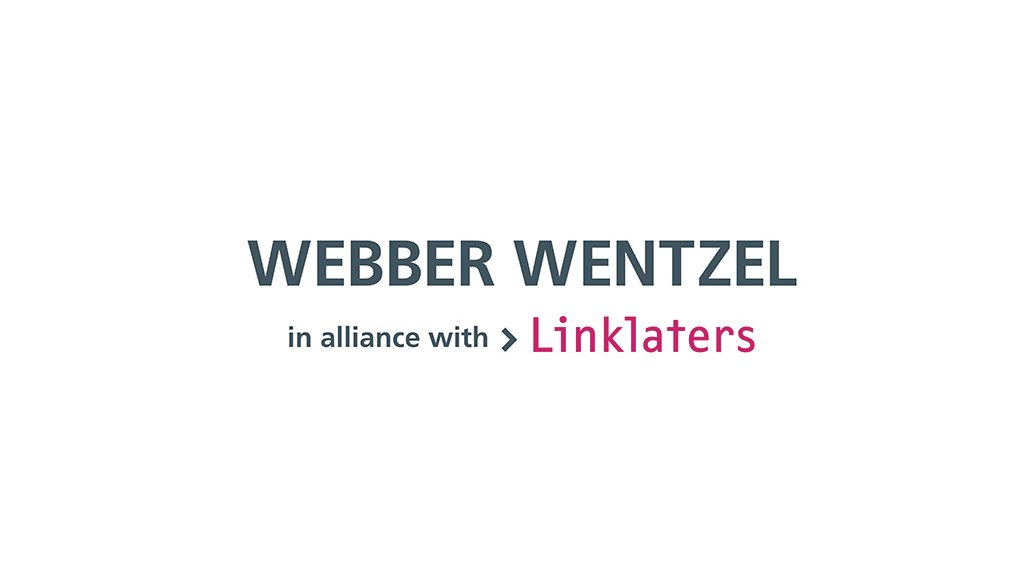Companies wishing to explore for oil off South African shores have already encountered resistance. Planning ahead, engaging with local communities and delivering real benefits will pre-empt many of the obstacles to securing rights
International Oil Companies (IOCs) with an appetite for exploration around South Africa’s turbulent but highly prospective coast have found it hard going, even before they have begun to battle the elements.
In September 2022, the Makhanda High Court set aside the Department of Mineral Resources and Energy (DMRE)’s decision to grant Shell an exploration permit to conduct seismic surveys off the Wild Coast, after extensive opposition from NGOs and inland communities. The court ruled the group had not taken relevant considerations into account or complied with the necessary legal steps. Shell and the DMRE were given leave to appeal.
TotalEnergies, which faced concerted opposition to its plans to drill block 5/6/7 on the Cape coast, was granted an environmental authorisation on 2 October 2023. According to Reuters, Climate Justice Charter Movement said it would appeal because Minister Barbara Creecy’s decision was “irrational and ignores climate science”.
TotalEnergies has another important application in the pipeline, to commence production on blocks 11B/12B which, if successful, could reinvigorate the Mossgas GTL complex, ailing parastatal PetroSA and the Southern Cape Region. It could also alleviate the energy crisis by providing a baseload feedstock for gas-to-power projects. But in February, Engineering News reported that The Green Connection and Natural Justice, two civil society organisations, had opposed the granting of an environmental authorisation because of “significant and unacceptable” impacts.
This opposition to the granting of permits, though they may not ultimately be successful, is costly for the IOCs and causes lengthy delays. A lot of this expense could be saved if the IOCs took lessons from the experience of South Africa’s mining companies in securing permits.
Legislative framework
Currently, the Mineral and Petroleum Resources Development Act (MPRDA) allows IOCs to apply for various permits, including exploration rights and production rights. Applications require, amongst others, environmental studies, as well as consulting with all interested and affected parties.
South Africa also has an Upstream Petroleum Resources Development Bill in the pipeline. The Bill has moved through public hearings and proposed amendments have been drafted. It is still being considered by the National Assembly. This Bill will provide for an integrated Exploration and Production Right and lays down the procedures that must be followed by applicants, including a public participation process.
Applications can be better handled
IOCs have encountered increasing opposition to the granting of authorisations in various jurisdictions, but they cannot use a “one size fits all” approach in South Africa. The South African context brings its own peculiar challenges and applications would run more smoothly if IOCs prepared thoroughly, anticipated likely challenges, and proactively and pre-emptively put plans in place to mitigate the risks. South African mining companies have learnt the hard way.
For example, in respect of potentially impacted communities, early engagement is essential. In order to do this, a thorough stakeholder mapping and evaluation exercise is invaluable (on a local, regional, and national basis). In conjunction with this, needs analyses can be undertaken and integrated development plans reviewed, with a view to better understanding impacted communities, their dynamics, and their needs. With these in mind, an appropriate engagement plan can be developed that will bring all important players together to discuss real actions that will address issues of most concern to the impacted community.
The approach should be one of listening and responding, not “top down” and paternalistic, to ensure that communities buy into the plans and take ownership of them. Once the community’s priorities are identified and agreed upon, the IOC can then proceed to collaboratively put in place solid structures that will implement these plans and deliver the promised benefits. This can be undertaken in conjunction with, or as part of, the requisite introduction of historically disadvantaged individuals into the rights.
Although offshore oil exploration does not generate large numbers of direct jobs, IOCs can be the catalyst for the creation of enterprises that provide sustainable jobs that are not tied to the lifetime of the rights. Mining community structures, as we are seeing more and more, are not sustainable post mine closure and communities will need to be transitioned away from this dependency. IOCs have the opportunity to do things differently and to foster sustainability from the get-go. A collaborative approach by IOCs would deliver a better outcome for everyone.
Written by Bruce Dickinson, Partner at Webber Wentzel
EMAIL THIS ARTICLE SAVE THIS ARTICLE ARTICLE ENQUIRY
To subscribe email subscriptions@creamermedia.co.za or click here
To advertise email advertising@creamermedia.co.za or click here











